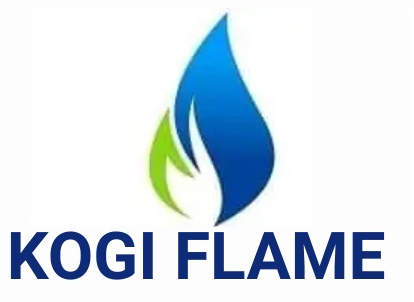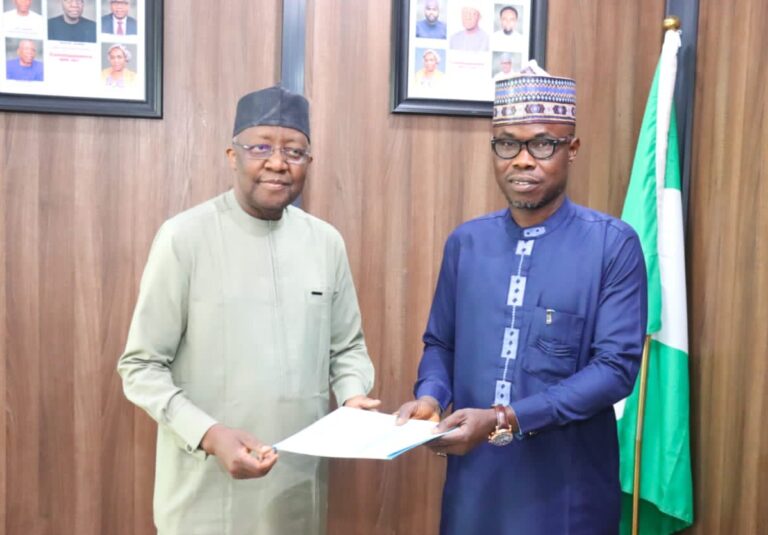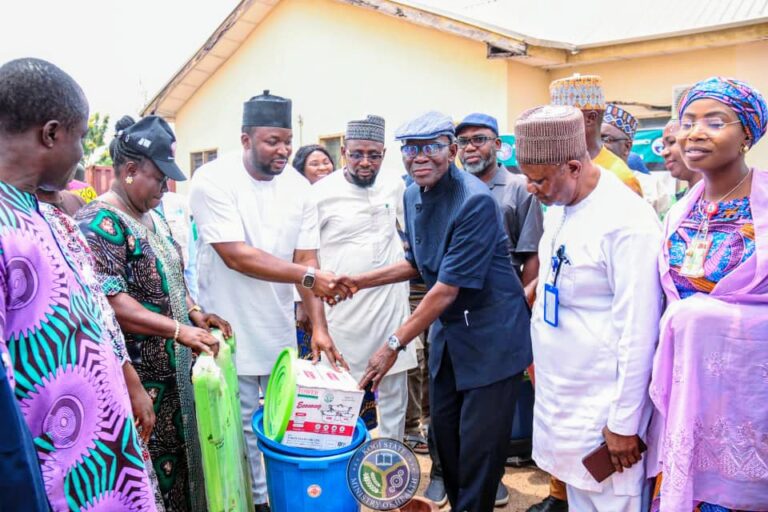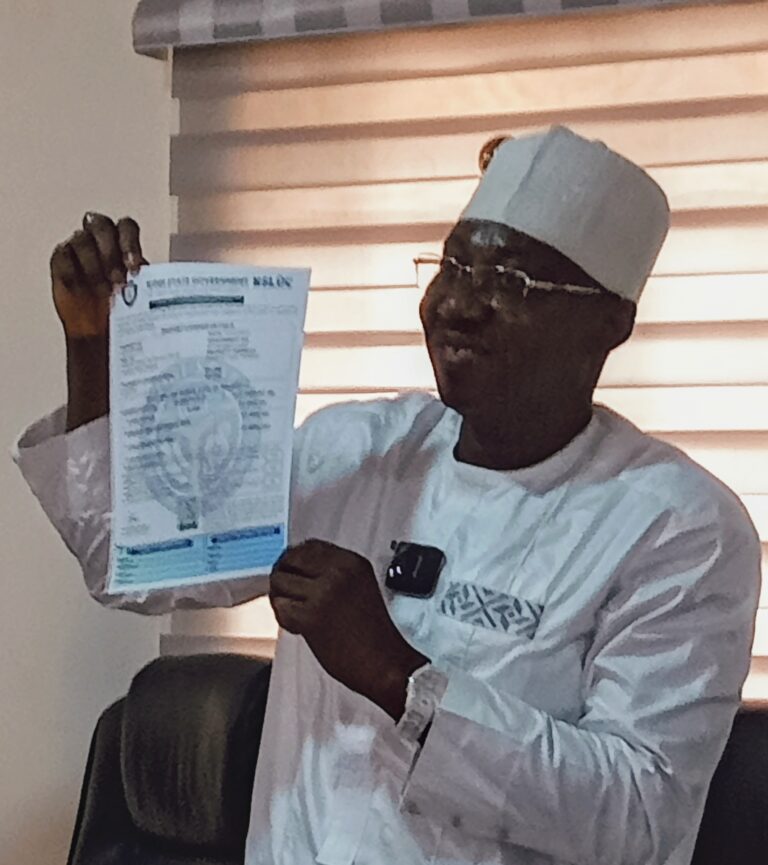Warning: Attempt to read property "post_excerpt" on null in /home/kogiflam/public_html/wp-content/themes/morenews/single.php on line 55

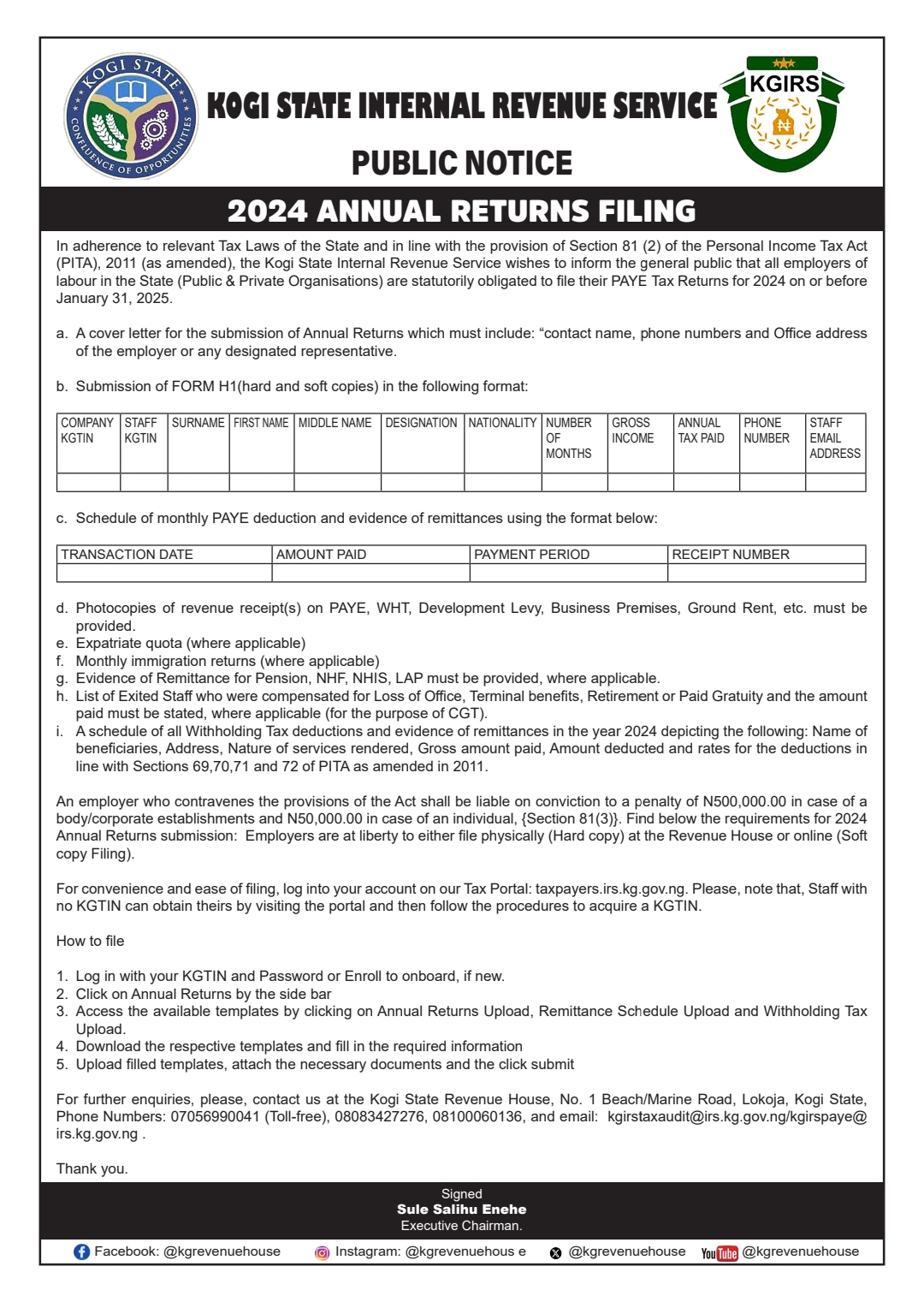
The 36 states of the federation are introducing tax relief programmes to mitigate the unending toll of the COVID-19 pandemic on businesses and individual taxpayers as part of ongoing efforts toward ensuring speedy recovery of state economies.
The relief programmes which were initiated in States across the board, have focused on five main tax activities, including the extension of filing and payment dates, tax moratoriums, waivers or reduction of penalties and interests over the extension period.
The resolution was reached during a virtual meeting held last Friday, under the States’ Fiscal Transparency, Accountability and Sustainability (SFTAS) Programme for Results, jointly organised by the World Bank and the Nigeria Governors’ Forum (NGF) and midwife by the Federal Ministry of Finance, Budget and National Planning (FMFBNP).
The virtual meeting was attended by 125 participants from the 36 States of the Federation including State Commissioners of Finance and Executive Chairpersons of State Internal Revenue Services.
While some states are also offering rebates or discounts on taxes paid within a specific period, others are allowing the payment of taxes, fees and levies among others in instalments.
As part of the reform, States’ tax offices are now enabling filing and the issuance of tax clearance certificates electronically (online).
The SFTAS experts at the webinar concluded that such waivers for businesses are no longer optional, but have become an essential element of governments’ stimulus-targeted packages to facilitate recovery for businesses who face a liquidity crisis, and individuals whose livelihoods have been adversely impacted by the COVID-19 crisis.
At the subnational level, all the 36 State Governments are currently experiencing a liquidity crisis of their own; and with limited capacity to borrow, it has become imperative that they find a balance between granting tax reliefs and maintaining revenues at a sustainable level.
The extent to which government revenues will be impacted by these reliefs will depend on the type of relief that they grant and their ability to raise their tax efforts simultaneously, including offering incentives for greater tax compliance.
These efforts are being incentivised by a new Disbursement Linked Indicator (DLI) under the Federal Ministry of Finance Budget and National Planning (FMFBNP) World Bank $750 million States Fiscal Transparency, Accountability and Sustainability (SFTAS) Programme for results.
Eligible States will be rewarded with $2.5 million each in performance-based grants if they announce by 31st July 2020 and implement by 30th September 2020 a tax compliance relief programme for individual taxpayers and businesses to mitigate the COVID-19 impact.
However, there are criteria to be met if a State is to receive the $2.5 million. These include: State announcements should be signed by the Commissioner of Finance or the Executive Chairman of the State Internal Revenue Service and published on State websites and in national dailies to ensure widespread awareness amongst taxpayers.
Furthermore, the State government should issue to their tax officials and collecting agents, guidelines for the implementation of the reliefs to ensure consistent execution by all and sundry.
Addressing the participants, the programme manager Nigeria Governors’ Forum (NGF) SFTAS Technical Assistance Project, Mr Olanrewaju Ajogbasile, stated that the Secretariat through the support of the FMFBNP and the World Bank was available to provide technical advice on the domestication of necessary reforms to meet the DLIs and more broadly, fiscal sustainability.
Mr Olanrewaju Ajogbasile also disclosed that while some States have followed strictly the requirements of granting an extension for filing 2019 annual returns and waiver for penalties and interests for businesses and individual taxpayers, others have gone further to waive other taxes, fees and levies for a specified period of time.
INDICATION that Nigeria’s economy is still in the throes of death has continued to emerge with the current low revenue it is generating from oil sale and increasing demands on its foreign debt obligation especially. The parlous state of the economy is heightened by the revelation that most of the revenue…$750m World Bank facility.
Tribune Online.
